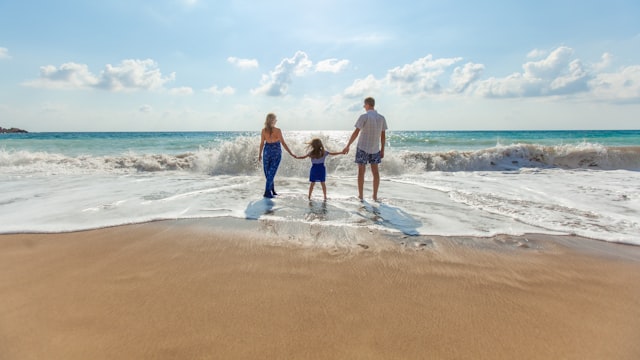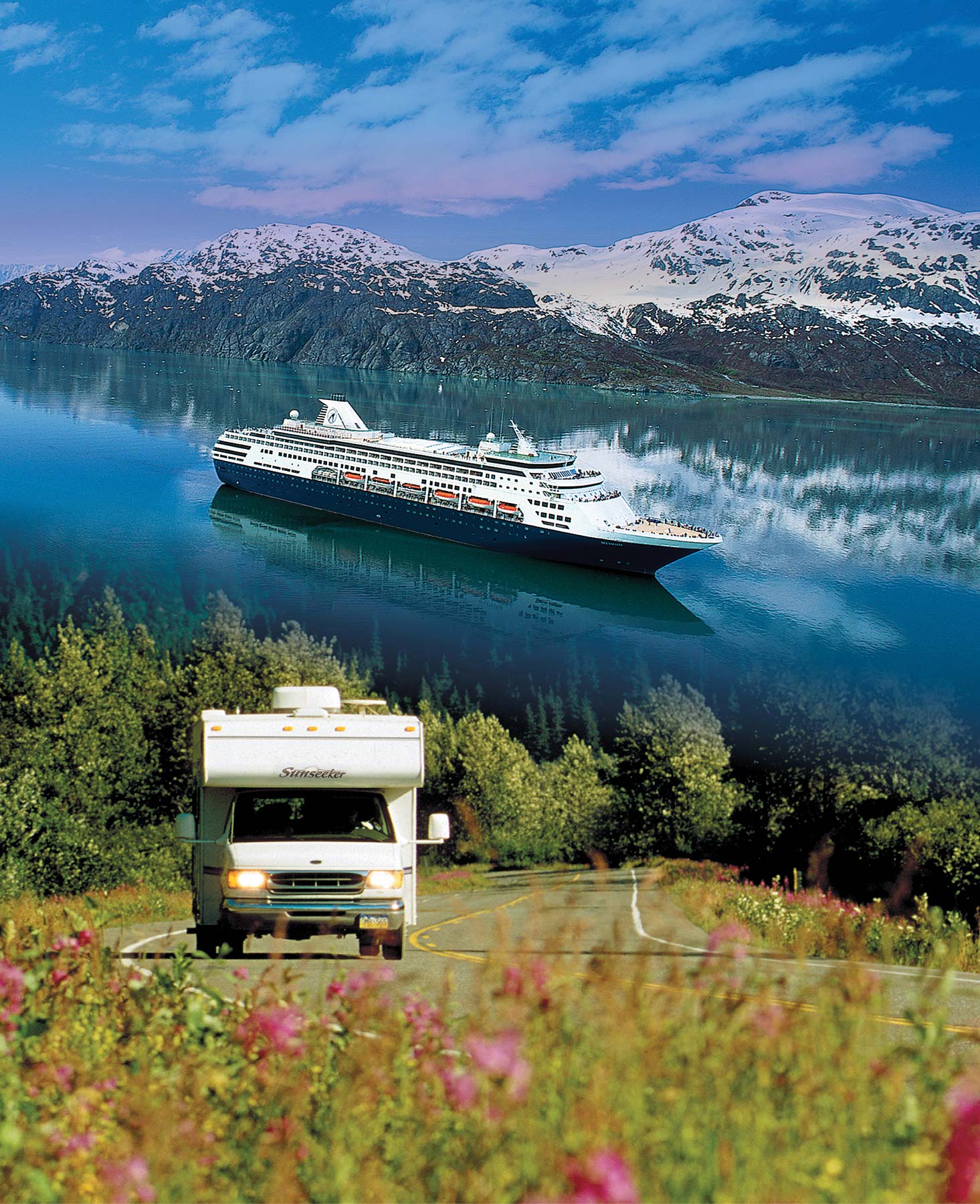You don"t need careful research to come to the conclusion it"s essentially irrefutable that all tourism activities of whatever purpose – vacation trips, business trips, meetings, adventure travel and ecotourism – must be sustainable; there just is no defense for unfavorable effects nowadays. Viewed from a community outlook the economic forces and prospects for exploitation associated with tourism could create undesirable circumstances, including social dislocation, decrease in heritage and culture, excessive financial dependence and environmental effects. Sustainable tourism is now so prominent that it could be said to have improved from "alternative" to "mainstream".
It could be due to activists spreading the word, or perhaps company owners recognizing a worthwhile area, there are additional offers and further call for tourism products and services that meet the criteria of responsible tourism.
It depends on commerce and supply and demand whether or not Sustainable Travel, or Responsible Travel is the top-level terminology that is pushing headlines.
Irrespective of whether it is a product of new found awareness or societal movements for the most part clients choose sustainable tourism and want to be responsible visitors.
Commonly the more instructive content does not come from extensive educational investigation but detailed stories showing individuals and small communities. Paradoxically frequently it"s the large organizations that provide the more interesting and truthful narratives. Admittedly there is also a place for hospitality and travel statistical statements or policy analysis. Well written articles like Alpacas return to an Inca Trail after 200 years « Ethical Travel Guide help us to explore the broad ideas of sustainable tourism travel and tourism.
[ls_content_block slug="responsibletourism4"]
April 10, 2017




Voices in Ethical Tourism [NB red buttons to the left no longer function]

 Dragoman, a Member of Tourism Concern’s Ethical Tour Operator Group (ETOG) has good news to pass on:
Dragoman, a Member of Tourism Concern’s Ethical Tour Operator Group (ETOG) has good news to pass on:
An award-winning responsible travel initiative has not only seen native alpacas return to an ancient Inca trail after an absence of 200 years but has also enabled a local Quechua Indian community to regain ‘skills lost for generations’.
For the last decade, Dragoman, has pioneered ‘Tarpuy Yachay’*, a project in which by using an alternative Inca Trail to Machu Picchu, has helped redistribute the tourist dollar in the region (an average of US$10,000 per year through passenger donations) and facilitated environmental and educational projects such as tree-planting and running a school with its own teacher, eventually allowing a local community to become self-sufficient.
In 2013, after realising that objective, Dragoman decided the time was right to transfer their support to another community, the Ancascocha, again, by using a route exclusive to Dragoman and indigenous people.
One of the first initiatives, on the request of the local community, was to spend passenger donations on purchasing a herd of alpacas.
In May 2014, alpacas were reintroduced to the Ancascocha community in an area around the Sacred Valley for the first time in over 200 years, followed by a second herd in August and a third in November. Since then, the alpacas have not only bred but have just produced their first bales of wool.
“However, because the local community had not tended alpacas for so long, the people had lost husbandry skills such as shearing and spinning the yarn”, says Anki. Members of the original Tarpuy Yachay project helped bridge the skills gap, teaching the Ancascocha people skills which, assuming the survival of the now 60 strong herd (and growing), will be passed down to future generations.
Ultimately, the communities goal is to have at least 4 herds (or ‘hatos’) of alpacas so that the community becomes self-sustaining, selling the wool and woollen products to tourists, as well as introducing llamas for portering purposes both for the local communities’ use and for transporting tourist luggage on the trail to Machu Picchu.
Reintroducing indigenous animals to the region and rediscovering lost skills isn’t the only success story since the launch of the new project. Reforestation is also a major part of the agenda and, with passengers’ help, the community are on track to plant at least 1,000 queñua / polylepis trees by the end of 2015, with 1,500 planned for next year.
Speaking about the new initiative, Anki Nordin, Destinations Manager for the Americas says: “We are thrilled that in the space of a year, the new project is on track to replicate the success of Tarpuy Yachay, a project which has won the AITO Sustainable Tourism Award.”
“By providing the local community with financial and practical support, again, by refurbishing a local school and helping with a full-time local teacher, as well as facilitating regular donations from our travellers, we’re enabling the community to become self-sustainable. “
Feedback from leaders of the local community also indicates that the Ancascocha inhabitants have been buoyed by the early success of the initiatives. “Now the communities are more enthusiastic to participate in other initiatives, such as repairing bridges nearby,” adds Anki.
75% of Dragoman passengers have chosen to travel the alternative Inca Trail. It is anticipated that, due to its exclusivity, even more travellers will choose to take the new Inca Trail alternative, relieving overcrowding on the traditional Inca Trail and its infrastructure (500 tourists per day) as well as redistributing wealth to help support neighbouring communities, communities who so far have received little or no benefit in the growing numbers of trekkers in the area.
Travellers wanting to support the project can do so by booking any Dragoman Peru trip which offers the alternative Inca Trail.
[ad_2]
[ls_content_block slug="responsibletourism3"]
[ls_content_block slug="responsibletourism4"]
Ethical Tours
The green travel and hospitality marketplace is difficult to work through considering the variety of words and phrases being tossed about. Establishments at times go with these terms deceitfully in order to tempt conscientious travelers without really having any eco-friendly or socially responsible procedures ready to go. How to define green tourism? Responsible tourism, sustainable tourism, eco-tourism, and green tourism might be taken as being one and the same. Descriptions aside the idea remains nearly identical: conscientious eco-friendly low impact travel that accepts the way things are and doesn"t strive to wreck things for selfish purposes.
The term green tourism was applied by researchers in the 1980s in a study that laid out the hotel trade strategy of positioning green signs in hotel rooms to encourage guests to reuse towels. The study found which places ultimately made no attempt to truly not waste resources or minimize waste; they just wished to look to be environmentally friendly. Like the introduction of the demand for eco-tourism 20 years ago in which operators just applied the word "eco" to their logos. It"s important that people look into hospitality assertions of being sustainable before booking. Most environmentally-friendly hotels have information on their websites about their green goals detailing their concrete steps of saving natural resources, preserving plants and animals, and adding to the well-being of local areas.
[caption width="640" align="aligncenter"] Sustainable Hospitality and Tourism[/caption]
Sustainable Hospitality and Tourism[/caption]
Looking into sustainable tours starts off with fundamental challenges. What are the main advantages of tourism segment? Travel supports economies. It employs many thousands of personnel, enriches our organizations and funds vital prevalent works, like schooling and police. Tourism finances operating costs and infrastructure for local public education. Most developing countries are keen to advance tourist in order to become richer and to improve the benefit for their people. But, what starts out as an improvement can quickly devolve things.Sustainable tourism is made up of a range of difficulties that can be resolved by visitors, operators, and government authorities. What are the popular ethical concerns in worldwide business? Part of the prevalent ethical concerns in global business include outsourcing, working standards and conditions, workplace diversity and equal opportunity, child labor, trust and integrity, human rights, religion, politics, environmental difficulties bribery and corruption. How does culture affect international business ethics? Culture impacts how local standards shape international business ethics. There are differences in how much relevance countries place on specific moral conduct. As an example, graft remains widespread in many areas, and while many people may not approve of it, they must accept it as a part of daily life. How is ecotourism different from traditional hospitality and tourism ? Ecotourism is definitely more concentrated on ecological preservation and enlightening people on challenges related to local environments and natural surroundings, whereas sustainable tourism is focused on tours that has low affect on the environment and local people. Is responsible hospitality and tourism challenging and boring? A established mistaken belief is that ethical tourism is difficult and rigid. It is not hard it certainly does not mean your getaway will be any less pleasurable. There are many approaches to have more operators that fully support eco-friendly travel .
[ls_content_block slug="responsibletourism5"]















